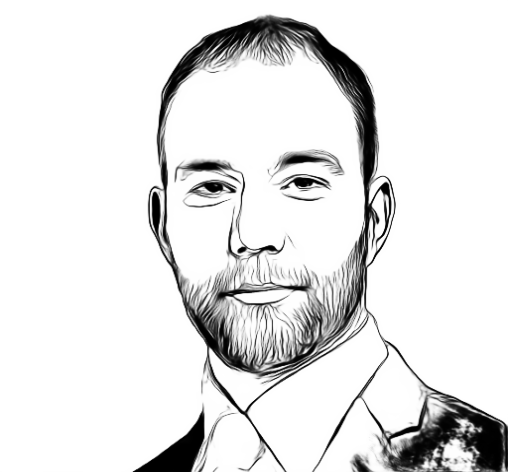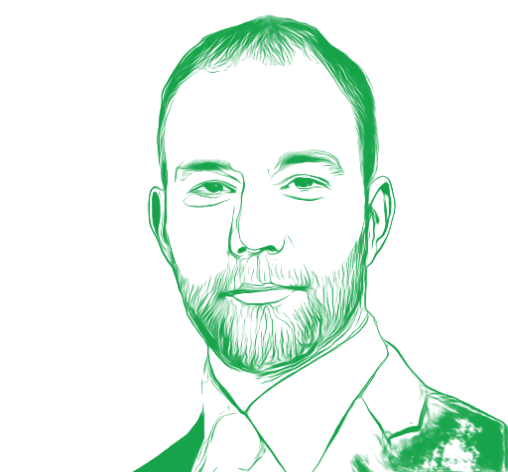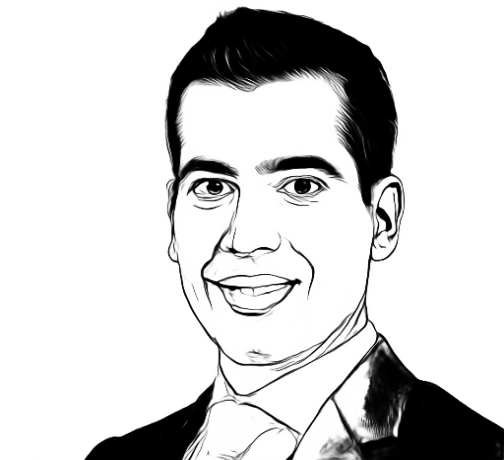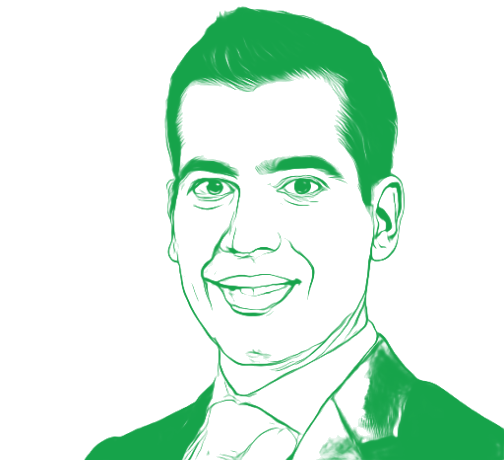New attitudes to Circular Economy practices: Rethink and redesign




The circular economy (CE) is a systems solution framework that tackles global challenges like climate change, biodiversity loss, waste and pollution. Circular economy practices are known to be governed by the ‘3Rs’, namely Reduce, Reuse, and Recycle, which are the major strategies used for promoting the circulation of products and materials, thereby lowering waste and pollution, and aiding to regenerate nature.
But in terms of attitude and willingness to buy in, studies show that the classic 3Rs are surprisingly not the most effective strategies for optimal results, especially in the context of hotels and guest perception of the measures.
Customer perception
Anyone visiting hotels this past decade will have seen the bathroom message asking guests to help save resources by only requesting a new towel if it is needed. Some clients may perceive this message positively as they will associate the hotel as an eco-friendly company. Some others may have a totally different perception and understand this message as a way for the hotel to reduce costs by cleaning less towels daily, to the detriment of guest comfort. Thus, depending on the client's perception, the impact on the hotel. i.e., brand perception, willingness to stay, willingness to pay (WTP) can be either good or, unexpectedly, bad. This can happen for any circular economy practice that is primarily put in place to reduce the use of resources like water or energy without implying a change in the production process to truly commit towards a more sustainable world.
In other words, some CE practices may imply a rethinking or redesigning process from the company but some others may not. For instance, one way to reduce the use of resources is to clean the room only every other day. Another way is to train the cleaning staff to optimize the use of resources. The former practice does not imply much commitment from the hotel, on the contrary, it is a clear reduction in costs. However, the latter shows a stronger commitment from the hotel as training and supervising the cleaning staff has a cost and an impact on the overall production process. In both cases, the goal is to reduce the use of resources.
However, the client perception of those two practices can be completely different because in one case, the hotel has rethought or redesigned its processes to reduce the use of resources without impacting guests’ comfort, but not in the other case.
Rethink or redesign: the key for successful CE practices
Researchers and experts have claimed that the classic CE practices consisting of reusing, reducing or recycling (the 3Rs) are less circular than rethink or redesign practices. Furthermore, the classic 3R practices, as argued above and by various other authors, may be perceived as a cost-reduction strategy instead of a commitment towards a cleaner planet.
Consequently, this difference in customers' perception may have an impact on their willingness to pay for a hotel room. Our research precisely aims at answering this question: Do CE practices with a rethink or redesign approach impact more positively on the clients' willingness to pay a premium price than the so-called classic 3R practices?
To answer this question, we have used three CE practices (carefully selected among many CE practices by conducting several preliminary studies) dealing with three different issues: water consumption, energy consumption and CO2 emissions. For each of the three practices, we have selected both a classic 3R version and a rethink or redesign version. To showcase the CE practices, we have created a fictitious hotel website and then surveyed several hundred hotel consumers to answer a set of questions based on the fictitious website page.
The results are clear: Rethink or redesign practices do impact willingness to pay positively, while the classic 3R practices have no impact. More specifically, when compared to a hotel without any CE practices, the implementation of rethink or redesign CE practices significantly increases guests’ willingness to pay, whereas the implementation of classic 3R CE practices does not change guests’ willingness to pay significantly more.
Attitudes towards the practice
Why such a result? Assume you have been informed that an extremely rich person has donated 1’000 USD. What is your attitude towards that person? Now assume that this same person was actually not rich at all, on the contrary, the 1’000 USD were their yearly savings. Is your attitude towards the person the same? The answer is probably no. This is because you sense a difference in the commitment that the donation represents, depending on the financial situation of the person, despite the fact that the person is the same.
We believe that for hotels it is exactly the same phenomenon. When redesign or rethink practices are put in place, the attitude of the guest is affected more than with classic 3R practices. In statistical terms, we predict that attitude towards the hotel mediates the effect of CE practices on willingness to pay a price premium.
Our study results provide clear evidence that attitude mediates the relationship between the type of CE practices implemented by a hotel and guests’ willingness to pay. This observation is in line with the well-established theory of planned behavior and the existing literature pointing out the fact that touristic sustainable consumption is influenced by the attitude towards a product or service.
Careful communication
But what makes a CE practice perceived as a strong commitment by the clients? That is without a doubt the million-dollar question. Our above-described results partially answer the question by distinguishing rethink or redesign practices from the ‘classic’ ones. Of course, the distinction between rethink or redesign practices and the classic 3Rs is not so obvious, but what is clear is that a rethink & redesign approach represents a greater commitment to sustainability since it implies a strategic and structural change in the production process.
By conducting many different studies with hotel guests, interviewing experts, academicians, and general managers, we have realized that CE practices not only have to be carefully selected to ensure a positive impact on the economic situation of the company, but they also need to be carefully communicated.
First and foremost, as per our results shared above, practices that imply a strong commitment from the company should be communicated with a clear emphasis on authenticity and sincerity. Clients must feel the honest implication as much as possible, otherwise the CE practices can have little or no impact and risk coming across as mere greenwashing.
Does the hotel segment play a role?
Unarguably, clients of a 5-star hotel and 3-star hotel have different expectations and different profiles. How has this affected our findings? On one hand, one could argue that 5-star hotels are luxurious establishments and, even if CE practices are put in place, the WTP won’t be affected. On the other hand, one could say that no matter the price of the room, a CE practice is perceived as an add-on and therefore may lead to a higher WTP. Our results support the fact that the impact on WTP is bigger and more significant for 3-star hotels. One of the possible explanations is the so-called ‘sustainability liability’ effect where clients perceive a circular or sustainable service as less performant.
“There is no planet B”, this is a fact. Consumption habits and patterns are changing, and production processes have to adapt. Our research aims at helping hoteliers have a smoother journey towards the circular economy by better understanding which practices are the most effective. Nowadays, CE practices are a way to differentiate, and as shown, even to make more profits. In the near future, we believe that CE practices will not be used to differentiate from competitors anymore but simply to stay in the norm. The sooner the implementation, the better.
At a glance
What’s the most effective way of making CE practices impactful?
What we aim to highlight in this article is that being impactful with CE practices involves showing your customer that your organization is 100% committed to not only being cost-effective with its practices, but also - and above all - sincere in its approach. Our research indicates that the rethink & redesign approach better manifests a hotel’s commitment towards CE. The guests’ perception of commitment being the biggest driver to their willingness to pay any type of extra premium.
Hotels must be prepared to demonstrate that, when investing in CE practices, making a profit is not their only priority. Showing commitment to damaging the environment as little as possible should be an evident primary motivation for their CE investments. The guest must be able to see this investment alongside the proof that there is a reduction in negative environmental impacts. Communication here is key.
What are the constraints to implementing these new CE practices?
Constraints are mostly related to hotel ownership. A hotel General Manager will fully understand the importance that CE practices could have on the hotel’s image, but they are often not the owners nor the investors. Hotels require large and long-term investments to install solar panels, smart monitors, new waste disposal systems – in brief the whole rethinking and redesigning of the hotel’s CE practices. If the long-term ROI remains unclear and unconvincing, a hotel GM will have trouble securing the necessary investments. Without a change of mindset on behalf of investors, the cost to the environment will always be secondary to the cost of short-term profits.
How to instill a long-term CE vision in hotel owners and investors?
Enter the start-ups and venture capitalists who can help build a convincing bridge to the investors. CE practices cost money to set up. By funding innovative tech minds to carry out research and find solutions, venture capitalists would be investing in a promising and emerging growth market where the long-term benefits are reduction of overall hotel costs plus a loyal customer base with a clear awareness of what they are paying for. This brings us back to the importance of a clear and committed message: our research highlights that authenticity is in fact the greatest economic agent in today’s times.